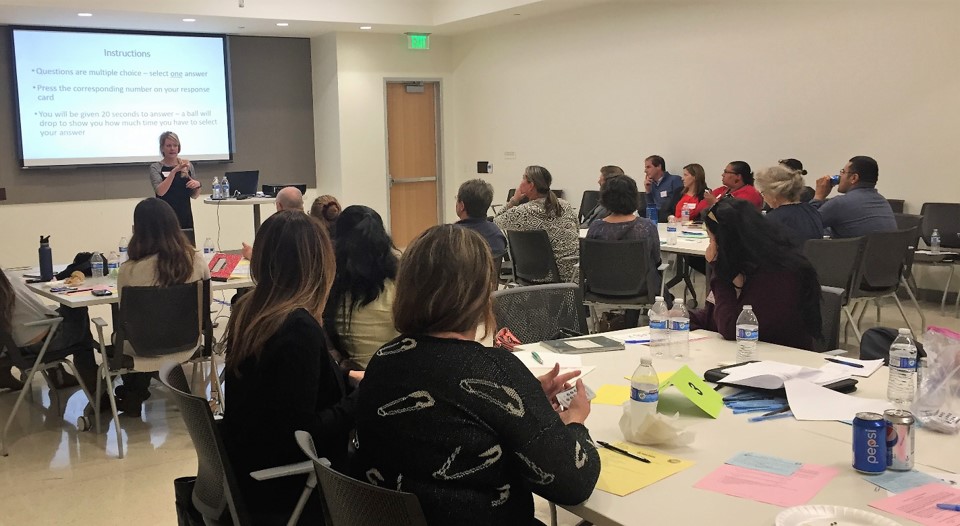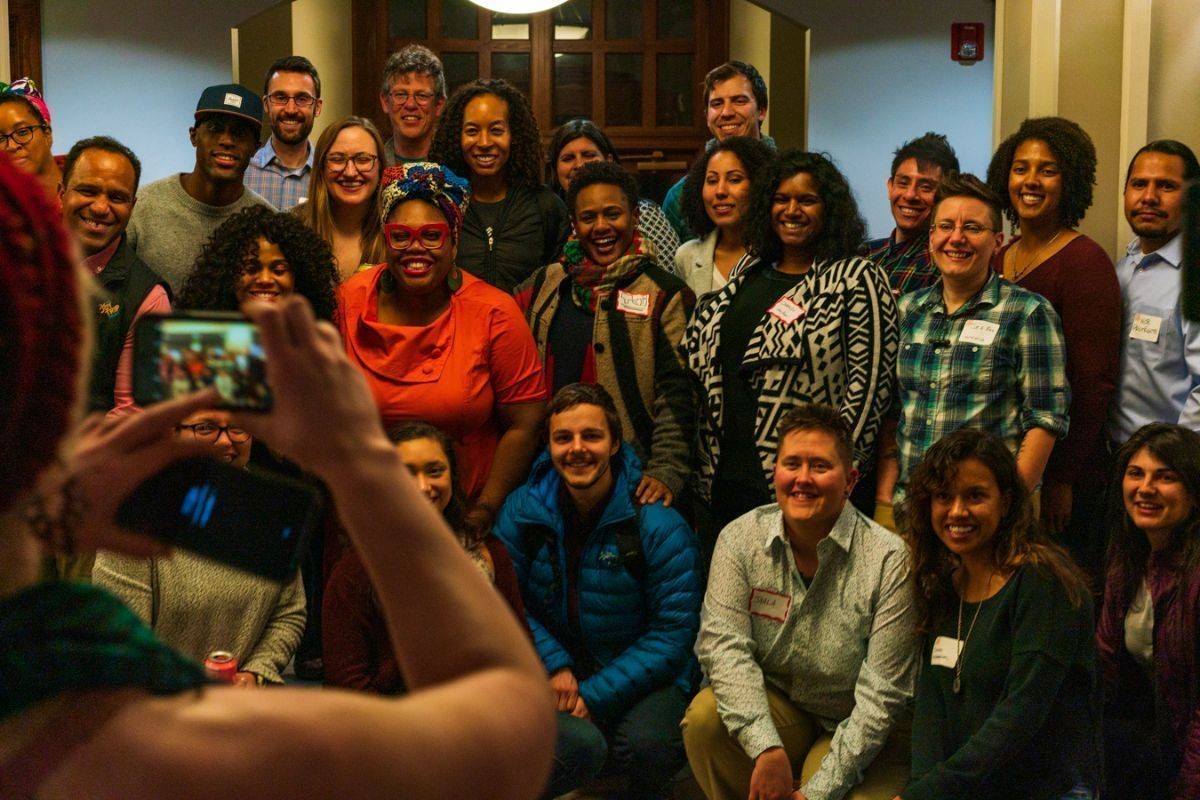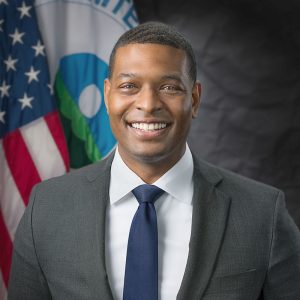
Our Mission
Keystone Policy Center inspires leaders to rise above entrenched positions to reach common higher ground.
Our Values
Keystone fosters collaborative and sustainable outcomes through the following values:
- Equity and Inclusiveness
- Meeting people where they are
- Civil discourse
- Science and evidence based decision-making
- Deepening understanding
- Collective Action


Statement of Independence
Keystone Policy Center is a trusted non-profit organization founded in 1975 to drive actionable, shared solutions to contentious policy challenges. Keystone is recognized by public, private, and civic-sector leaders throughout the United States for independent, collaborative problem-solving approaches that offer a proven blueprint for progress and collective impact.
In every effort we undertake, we apply more than 40 years of organizational experience and individual staff expertise to develop an innovative, impactful approach customized to the specific goals and stakeholders involved. In all efforts, the Keystone Policy Center maintains an unwavering position of independence, not advocating for any single position but rather providing all participants the opportunity to truly own decisions by working with shared-goal partners to find mutually agreeable solutions.
How We Maintain Our Independence
- Representative Participation. We ensure that a broad range of perspectives are brought to bear on the decision-making processes we facilitate, including the perspectives of those most affected by the decisions or policies at issue.
- Impartiality. We remain impartial on the substance of issues being discussed.
- Funding. Keystone Policy Center discloses the sources of our funding. We strive to maintain a balanced and diverse funding base both institutionally and – as is possible and appropriate – for individual projects.
- Governance. Keystone Policy Center considers each group as a whole ‘the client.’ Our facilitators are governed by agreed-upon roles set forth in specific project protocols.
- Good faith. We reserve the right to withdraw from a process if our facilitator has just reason to believe participants are not participating in good faith.
- Decision-making. At the beginning of each process, Keystone staff will explain decision-making options and assist groups in collectively deciding how decisions in the group will be made.
- Use of Information. While respecting that participants may choose to place constraints on what is made public and what remains proprietary, we encourage the fullest disclosure and exchange of any information that may be vital to finding solutions. Keystone Policy Center will make clear what will happen to the information and ideas that are discussed in a Keystone activity or throughout a process and how information generated by a group will be used, who owns it, how it will be represented, and by whom.
- Disclosure. Keystone Policy Center will disclose, in advance, any past and/or present relationships that could give rise to actual or perceived conflicts of interest.
- Influence. Decision-makers participating in Keystone Policy Center efforts understand that they cannot use our facilitators to influence the outcome of any of our projects.
- Personal Biases. As Keystone employees, we strive to put aside our own personal opinions by examining predispositions, past experiences in different roles, and cultural biases and, if necessary, disqualifying ourselves from work or respectfully declining it.


 Steven Williams is the Chief Executive Officer of PepsiCo North America, overseeing a more than $48 billion business that spans PepsiCo’s Foods and Beverage operating units. His leadership encompasses more than 125,000 associates and over 900 locations across the U.S. and Canada. Steven joined PepsiCo in 2001 as part of PepsiCo’s acquisition of the Quaker Oats Company, which he joined in 1997, and has held leadership positions of increased responsibility since.
Steven Williams is the Chief Executive Officer of PepsiCo North America, overseeing a more than $48 billion business that spans PepsiCo’s Foods and Beverage operating units. His leadership encompasses more than 125,000 associates and over 900 locations across the U.S. and Canada. Steven joined PepsiCo in 2001 as part of PepsiCo’s acquisition of the Quaker Oats Company, which he joined in 1997, and has held leadership positions of increased responsibility since.


